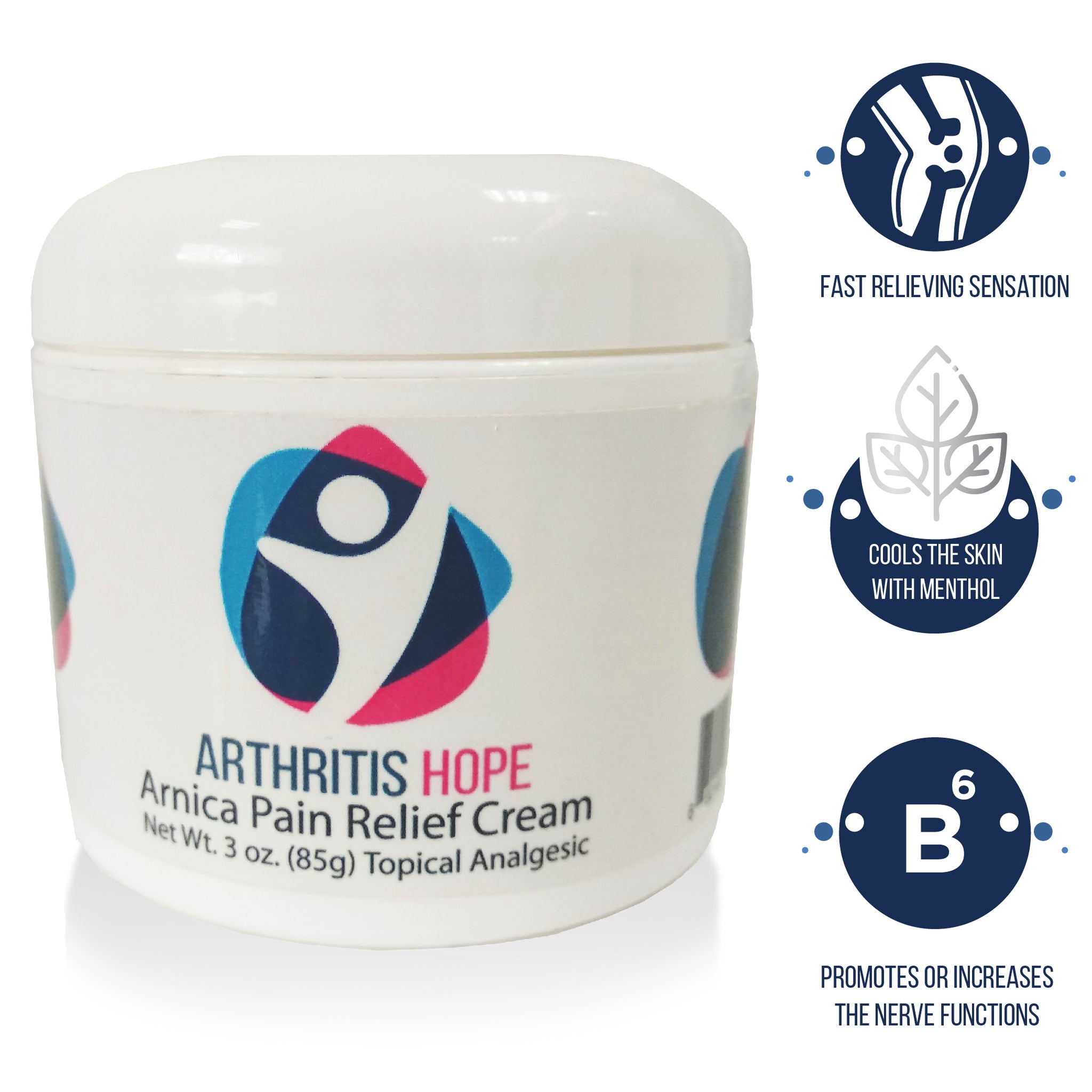
Living with arthritis can be an isolating experience, but you don't have to face it alone. Social support networks, both online and in-person, can provide invaluable emotional and practical assistance. By connecting with others who understand your journey, you can find strength and relief.
The Power of Social Support Networks
Living with arthritis can feel isolating. The chronic pain, limited mobility, and emotional toll can be overwhelming. But what if I told you that you don't have to face this journey alone? The power of social support networks can make a significant difference in managing arthritis and maintaining mental health.
These connections provide a sense of belonging, understanding, and empathy that can be incredibly healing. When we share our experiences, challenges, and triumphs with others who understand, we find strength and relief that we might not have thought possible.
Online Communities: A Digital Lifeline
In today's digital age, online communities have become a lifeline for many people living with arthritis. Platforms like Facebook, Reddit, and specialized forums offer spaces where individuals can connect, share information, and support each other. These communities are available 24/7, providing continuous support and a wealth of knowledge at your fingertips.
Take Jane's story, for example. Jane was diagnosed with rheumatoid arthritis at 45. Initially, she felt overwhelmed and alone. But when she joined an online arthritis support group, she found a community of people who understood her struggles. Through shared experiences and advice, Jane learned new coping strategies, which significantly improved her quality of life.
Online communities also provide access to resources such as articles, webinars, and expert advice. These resources empower individuals to make informed decisions about their treatment and self-care.
In-Person Support Groups: Building Real Connections
While online communities offer convenience and accessibility, in-person support groups provide a different kind of connection. Meeting face-to-face with others who share similar experiences fosters a sense of camaraderie and trust. These groups often meet regularly, creating a routine that can be comforting and grounding.
Consider the experience of Mark, who has been living with osteoarthritis for over a decade. After joining a local support group, Mark found not only practical advice but also lifelong friends. The group organized activities and outings, which helped Mark stay active and engaged, reducing his feelings of isolation and depression.
In-person support groups also offer opportunities for physical activities tailored to those with arthritis, such as gentle yoga or swimming. These activities promote physical health and provide a sense of accomplishment and well-being.
Mental Health Strategies for Coping
Living with arthritis requires more than just physical management; it demands mental resilience. Here are some strategies to help you cope:
- Mindfulness and Meditation: Practices like mindfulness and meditation can help you stay present and manage pain more effectively. These practices reduce stress and promote relaxation.
- Therapy and Counseling: Speaking with a therapist or counselor can provide a safe space to express your feelings and develop coping strategies. Cognitive-behavioral therapy (CBT) is particularly effective for managing chronic pain and associated mental health challenges.
- Exercise: Gentle exercises such as walking, swimming, or yoga can improve your physical and mental well-being. Exercise releases endorphins, which are natural mood lifters.
Resources for Support
If you're looking to join a support network, here are some valuable resources:
- Arthritis Foundation: Offers a wealth of information and support group listings.
- Meetup: Find local in-person support groups and activities.

Remember, managing arthritis is not just about physical treatment. It's about nurturing your mental health and building a support system that lifts you up. By connecting with others and utilizing available resources, you can find strength, resilience, and hope on your journey with arthritis.

Leave a comment